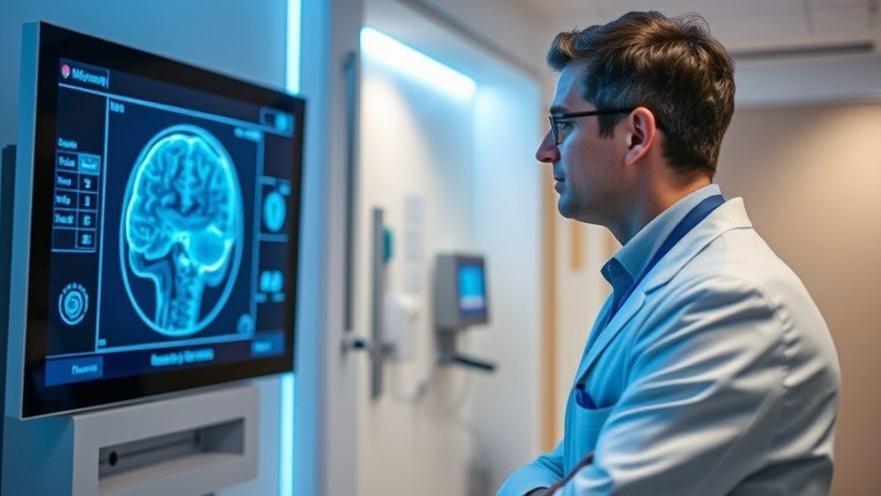
Woman Diagnosed With Brain Worms After Vacation: Key Insights for Medical Practitioners
A recent case of a 30-year-old woman from New England serves as a stark reminder of the potential health risks associated with tropical vacations. After a three-week getaway in Thailand, Japan, and Hawaii, the woman returned home with perplexing symptoms—severe headaches and unusual sensations in her legs—that eventually led her to hospitalization. Doctors discovered that she had contracted eosinophilic meningitis caused by Angiostrongylus cantonensis, commonly known as rat lungworm.
A Crippling Return: Symptoms and Diagnosis
Two weeks post-vacation, the woman experienced a burning sensation in her feet, which escalated into severe discomfort in her legs and other troubling symptoms including fever, fatigue, and confusion. Initial tests pointed towards a parasitic infection that resulted from her dining choices during vacation, specifically raw salads and sushi. With her history of swimming in the ocean, doctors narrowed down the cause to rat lungworm infection, endemic to areas like Hawaii.
Understanding Rat Lungworm Disease
Rat lungworm is transmitted through contaminated food, primarily raw or undercooked snails and slugs, or through vegetables and fruits that have come into contact with infected slugs’ slime. As highlighted by the CDC, most cases of rat lungworm infection do not require treatment as they resolve spontaneously, but in severe situations, timely interventions can prevent serious outcomes such as neurological complications.
Cautionary Tales: The Epidemiology of Rat Lungworm
The CDC mentions that the prevalence of Angiostrongylus cantonensis has expanded beyond its original endemic territories of Southeast Asia and the tropical Pacific. For those operating in the health sector, particularly those in concierge medical practices, this incident exemplifies the critical need for patient education regarding food safety, especially for travelers heading to regions known for parasitic infections.
Prevention and Practical Insights for Practitioners
Providing practical advice to clients headed to tropical areas is crucial. Recommendations include:
Avoiding raw foods such as salads when in endemic regions.
Thoroughly washing all fresh produce to eliminate any potential contamination.
Ensuring seafood and other potentially contaminated foods are well-cooked.
Practitioners should work to cultivate an awareness of food-borne diseases among patients. With many travelers indulging in cultural culinary experiences, an emphasis on safety protocols can greatly reduce health risks.
Building Trust: The Role of Compassionate Care
This unfortunate case underscores the importance of responsive healthcare and patient-provider communication. When patients do experience symptoms after travel, ensuring they feel comfortable discussing all aspects of their recent history—including food and environmental exposure—can significantly enhance diagnostic accuracy. This empathetic approach aligns with the principles of concierge medicine, fostering a holistic patient-care relationship.
Final Thoughts: Insight from Clinical Cases
For those in the field of concierge medicine, handling cases like that of the New England woman provides a learning moment about the unique intersection of travel, food safety, and parasitic diseases. Being proactive about patient education, particularly for those traveling to areas where such infections are prevalent, can not only secure health but build lasting patient trust in your practice.
In the ever-evolving landscape of global travel, the insights garnered from such cases can aid practitioners in their mission to provide comprehensive, empathetic care, as well as ensure they remain leaders in patient engagement.
 Add Row
Add Row  Add
Add 




Write A Comment